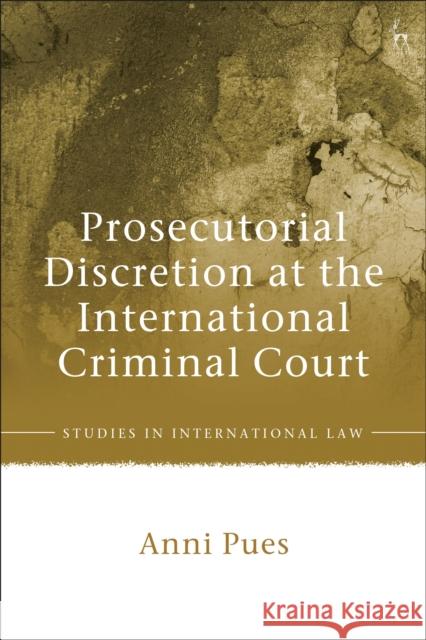Prosecutorial Discretion at the International Criminal Court » książka
topmenu
Prosecutorial Discretion at the International Criminal Court
ISBN-13: 9781509928682 / Angielski / Twarda / 2020 / 264 str.
Prosecutorial Discretion at the International Criminal Court
ISBN-13: 9781509928682 / Angielski / Twarda / 2020 / 264 str.
cena 489,77
(netto: 466,45 VAT: 5%)
Najniższa cena z 30 dni: 470,97
(netto: 466,45 VAT: 5%)
Najniższa cena z 30 dni: 470,97
Termin realizacji zamówienia:
ok. 30 dni roboczych.
ok. 30 dni roboczych.
Darmowa dostawa!
Kategorie:
Kategorie BISAC:
Wydawca:
Hart Publishing
Seria wydawnicza:
Język:
Angielski
ISBN-13:
9781509928682
Rok wydania:
2020
Numer serii:
000103096
Ilość stron:
264
Waga:
0.54 kg
Wymiary:
23.39 x 15.6 x 1.6
Oprawa:
Twarda
Wolumenów:
01
Dodatkowe informacje:
Bibliografia
Obwoluta
Obwoluta











